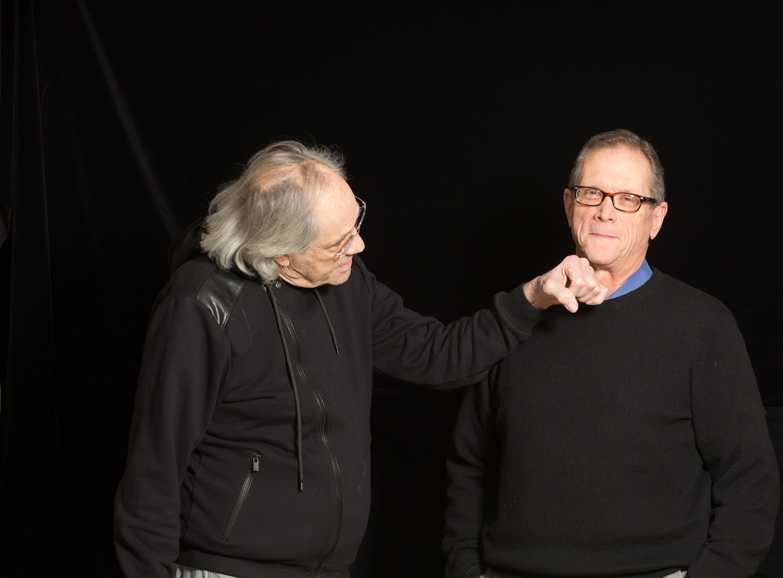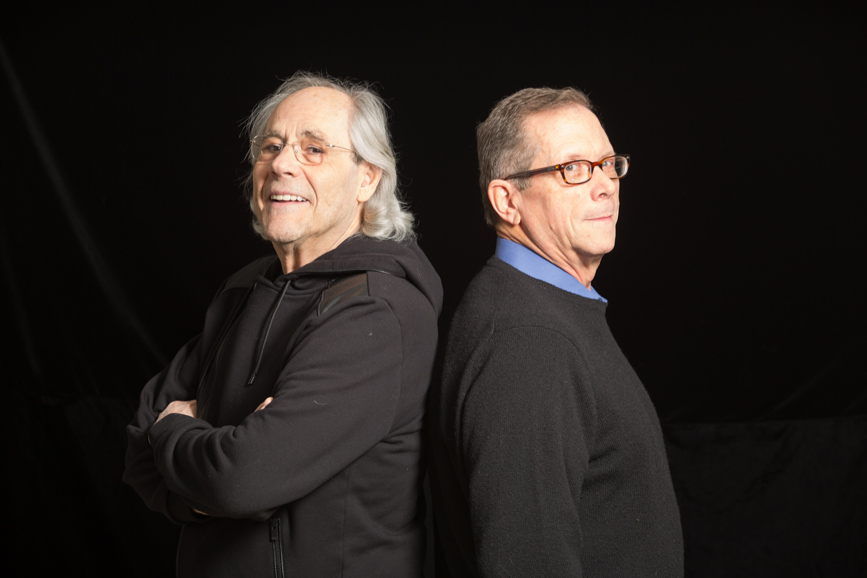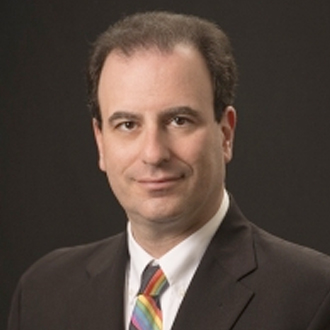Comedy legend Robert Klein turned 75 in February, yet he never dwells on his age. “I forget how old I am sometimes,” he says. “I work out three times a week and keep in pretty good shape. They say aging is in your head, but it’s in your tuchas and your knees.”
Klein doesn’t dwell on his longevity. His position as an elder statesman of stand-up comedy and his effect on a generation of comics has been the focus of a long-gestating project that will have its national premiere on the STARZ cable network March 31. “Robert Klein Still Can’t Stop His Leg,” is a documentary produced and directed by film critic and historian Marshall Fine.
“It was his idea,” Klein continues, referring to Fine, a fellow Westchesterite. “He did a big feature piece on me years ago and he wrote the liner notes for the box set of my first eight HBO specials. He had this idea because of comedians who were constantly saying that I was their inspiration or their template for going into the business. On the last ‘Tonight’ show with [Jay] Leno, for example, Billy Crystal was there saying to Leno: ‘I remember you had this terrible dingy apartment in Boston and you only had one thing on the wall — a poster of Robert Klein.’”
For Fine, a three-time chairman of the New York Film Critics Circle and critic-in-residence and programmer at The Picture House in Pelham, the documentary would have occurred sooner if a global catastrophe had not intervened.
“I remember having a conversation with Bingham Ray, who was one of the pioneers of independent film and who had just been named the head of United Artists,” the Ossining resident recalls. “I saw him at the Toronto Film Festival the day before 9/11 and I said I wanted to do a documentary on Robert Klein. And he said, ‘That’s an interesting idea.’ And then 9/11 happened.”
Fine came back to the idea about four years ago. And while he is no stranger to filmmaking — he previously directed the acclaimed 2007 documentary on film critic Rex Reed, “Do You Sleep in the Nude?” — he realized that capturing Klein’s comic brilliance required a more observational approach.
“You don’t direct Robert Klein,” he says. “You point the camera and get out of the way. I wanted to make a movie that showed just how funny he was in real life as he is onstage. That was my marching orders from Robert from the start: It has to be funny.”
Indeed, one of the more delightful moments in the film occurred when Fine was filming Klein in the shopping district near his Briarcliff Manor home. The shoot attracted the attention of a group of elementary schoolgirls who were initially confused as to what was taking place.
“They didn’t really know who I am,” Klein says with a gentle laugh. “I said, ‘Your parents will know me. I was on HBO and in ‘How to Lose a Guy in 10 Days.’ And the little girls looked me up on their phones and said, ‘Oooo! Oooo! I know you! You’re on Google! Can we have a hug?’”
The spontaneous joy of the encounter made for wonderful nonfiction filmmaking, but Klein and Fine later realized that they had a major problem: They failed to get permission to use the girls in the film. As a result, they needed to go to the school and show their footage to administrators, who helped them locate the children and arrange for their parents to sign the proper paperwork enabling the sequence to remain.
In a way, this was among the easier hurdles that Klein and Fine needed to overcome.
“I could spontaneously break into song during a routine, but you’d have to clear the rights to the song,” Klein says, noting that one of his bits incorporating a Red Hot Chili Peppers tune had to be dropped because “we couldn’t clear that for a decent amount of money. That would upset the budget, so we couldn’t do that particular bit.”
But there was also another challenge: So much of Klein’s work has become classic that it was impossible to squeeze everything into a 94-minute film. Even the film’s seemingly odd title — a reference to Klein’s beloved “I can’t stop my leg” routine — raises smiles from the comedian’s longtime fans.
“For people who know the material, they expect to hear it,” Fine says. “And for people that are not familiar, this is the best possible introduction to the material because it is what made him who he is.”
Fine was particularly lucky that Klein was the greatest archivist of his small-screen work. “Robert was an early adopter of VHS, so we had VHS tapes of virtually every TV performance he had since the late 1970s,” he adds, noting that the footage from the now-defunct medium needed to be digitally transferred for today’s viewing format. “There were hundreds of them I watched looking for things I wanted to find.”
There was relatively little problem in bringing in comedy legends to talk admiringly of Klein’s influence on the stand-up scene: Jerry Seinfeld, Jon Stewart, David Steinberg, Fred Willard and Richard Lewis turn up on screen to acknowledge Klein’s effect on their careers.
“Seinfeld said I was The Beatles to him,” Klein remarks. “Stewart says that I’m subversive.”
Yet Fine did not want the film to be seen strictly as a memory lane visit to Klein’s career peaks. He brought his camera to three different contemporary stand-up shows where Klein enchanted audiences with new material.
“He is as strong onstage as he’s ever been,” Fine says admiringly.
Klein agrees, noting that he is still very much an active participant on the stand-up circuit.
“I still like to get up on the stage — that’s in the film, too,” he says. “It made me feel good that I’m not in the Museum of Natural History.”
Ultimately, Klein hopes that the film is more of a celebration of the joy of laughter. “It doesn’t get into deep philosophical meaning of what I do, except that my own contention is that making people laugh is a high calling,” he says. “Every physiological real world aspect of laughter is negative: Your blood pressure goes up, your teeth can hurt, your stomach can hurt, but it seems to have some therapeutic value.”
Robert Klein is at the Emelin Theatre March 4. For more, call 914-698-0098 or visit emelin.org.






